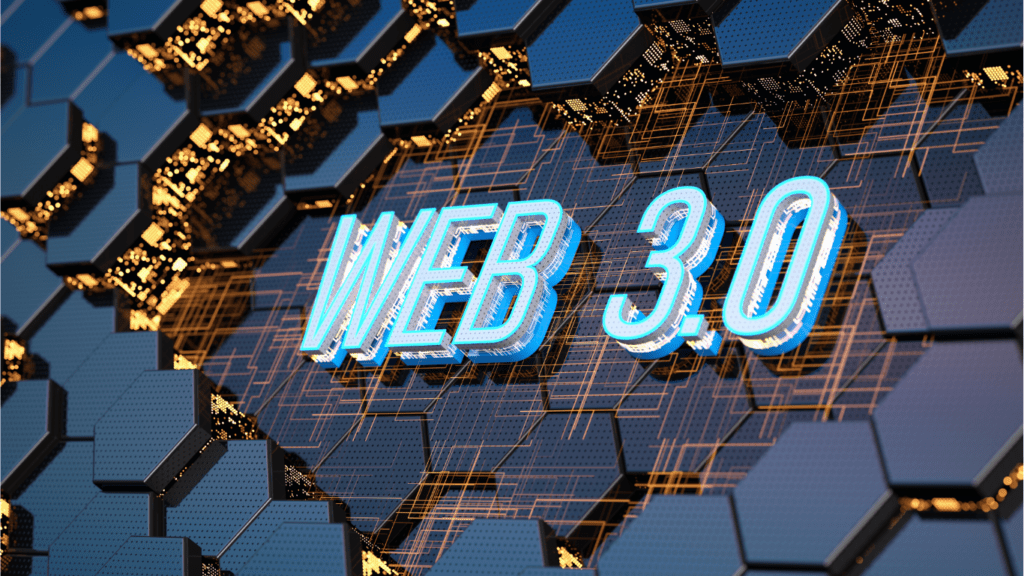Managing healthcare data has always been a challenge. From patient records to billing information, the sheer volume and sensitivity of this data make it vulnerable to errors, inefficiencies, and breaches. I’ve often wondered if there’s a way to ensure this critical information remains secure, accurate, and accessible when needed.
Understanding Blockchain Technology
Blockchain offers a decentralized and secure framework for managing digital data. In healthcare, this system addresses challenges of data integrity and accessibility.
What Is Blockchain?
Blockchain is a distributed digital ledger storing data across multiple participants in a network. Each record, or block, connects to the next, forming an unalterable chain. No centralized authority controls it; instead, participants verify and add data through consensus mechanisms. This design ensures transparency and prevents unauthorized changes, enhancing trust.
Key Features of Blockchain
- Decentralization: Data storage spans multiple nodes rather than relying on a single server, reducing vulnerabilities.
- Transparency: Transactions are visible to all authorized participants, making data-sharing and auditing easier.
- Immutability: Once added, records are nearly impossible to alter without network-wide consent, ensuring long-term data integrity.
- Enhanced Security: Cryptographic techniques safeguard data, minimizing risks of breaches or tampering.
Current Challenges in Healthcare Data Management
Effective healthcare data management faces persistent challenges, including security, interoperability, and error-related risks. Addressing these issues is critical to improving care delivery and protecting patient information.
Data Security and Privacy
Healthcare data is a prime target for cyberattacks due to its sensitivity and value. Breaches can expose personal health records, insurance details, and billing information. According to IBM’s 2023 Cost of a Data Breach report, the average breach cost in healthcare reached $10.93 million, the highest across industries. Traditional security measures often lack the advanced safeguards needed to counter sophisticated attacks. Without robust solutions, risks of unauthorized access or data manipulation increase, jeopardizing patient trust.
Interoperability Issues
Fragmented health IT systems make it difficult to share information seamlessly across providers, labs, and insurers. This lack of interoperability leads to siloed data, delayed care, and repeated tests. For example, the Office of the National Coordinator for Health IT states that only 41% of hospitals could locate or query external patient data in 2022. Standardization problems and vendor-specific systems further worsen data-sharing barriers. These gaps hinder collaboration and reduce the quality of care delivery.
Fraud and Errors
Fraudulent activities and errors in data recording or billing negatively impact financial and operational efficiency. The National Health Care Anti-Fraud Association estimates losses of around $68 billion annually due to healthcare fraud in the US. Examples include upcoding, falsified claims, or duplicate billing, which inflate costs and create significant financial strain. Manual data entries and outdated systems also result in inaccurate records, increasing liability risks and misinformed decision-making.
How Blockchain Addresses Healthcare Data Issues

Blockchain provides a robust framework to resolve key healthcare data challenges. Its features of decentralization, transparency, and immutability create systemic improvements in:
- security
- interoperability
- error reduction
Enhancing Data Security and Privacy
Blockchain secures healthcare data using encryption and decentralized storage. Private keys restrict data access to authorized users, minimizing unauthorized breaches. Transactions on the ledger are auditable and tamper-proof, ensuring accountability. Sensitive patient records, such as electronic health records (EHRs), remain protected from cyber threats as data manipulation across the network requires consensus from multiple nodes.
Facilitating Interoperability
Blockchain promotes seamless data exchange by standardizing formats and eliminating silos. Interoperability is enhanced as patient records reside on a single, distributed ledger that all stakeholders, including hospitals, labs, and insurers, can securely access. Smart contracts automate data permissions, ensuring compliance with privacy laws like HIPAA. For example, a physician retrieving patient history from another provider’s system no longer faces delays caused by compatibility issues.
Reducing Fraud and Errors
Blockchain improves data accuracy by creating an immutable record of transactions. Fraudulent billing and duplicate claims are identified through traceable and verifiable entries. Smart contracts validate information before processing, reducing manual errors. By audibly storing patient and billing data, blockchain cuts down losses like the $68 billion estimated annually from healthcare fraud in the US. Real-time updates ensure accurate, up-to-date information for informed decision-making.
Use Cases of Blockchain in Healthcare
Blockchain has practical applications in healthcare, tackling critical data challenges and boosting efficiency. From ensuring secure data handling to enhancing transparency, blockchain offers transformative possibilities.
Patient Data Management
Blockchain enables secure and decentralized storage of patient records. Each patient can control access to their data, ensuring privacy and compliance with regulations like HIPAA. For instance, encrypted patient identifiers ensure only authorized parties access sensitive information. Interoperability improves as blockchain links fragmented systems, allowing seamless sharing among providers. Real-time data updates reduce duplication, ensuring medical professionals rely on current and accurate information.
Clinical Trials and Research
Blockchain enhances data integrity in clinical trials. It creates immutable records of trial results and consent processes, reducing the chance of tampering. Time-stamping data ensures accurate tracking of submissions, boosting credibility for regulators and researchers. Informed consent documentation stored on blockchain improves transparency for participants. By facilitating secure data sharing among research teams, blockchain accelerates medical discoveries while maintaining participant privacy.
Drug Supply Chain Transparency
Blockchain tracks drugs through the supply chain with unparalleled precision. By recording each transaction from manufacturing to delivery, it prevents counterfeit drugs from entering the market. Scannable QR codes linked to blockchain networks help verify drug authenticity. Real-time tracking improves inventory management, ensuring timely restocking of critical medications. Transparency also builds trust, as stakeholders can track a drug’s journey from production to patient distribution.


 Founder & Blockchain Visionary
Founder & Blockchain Visionary

